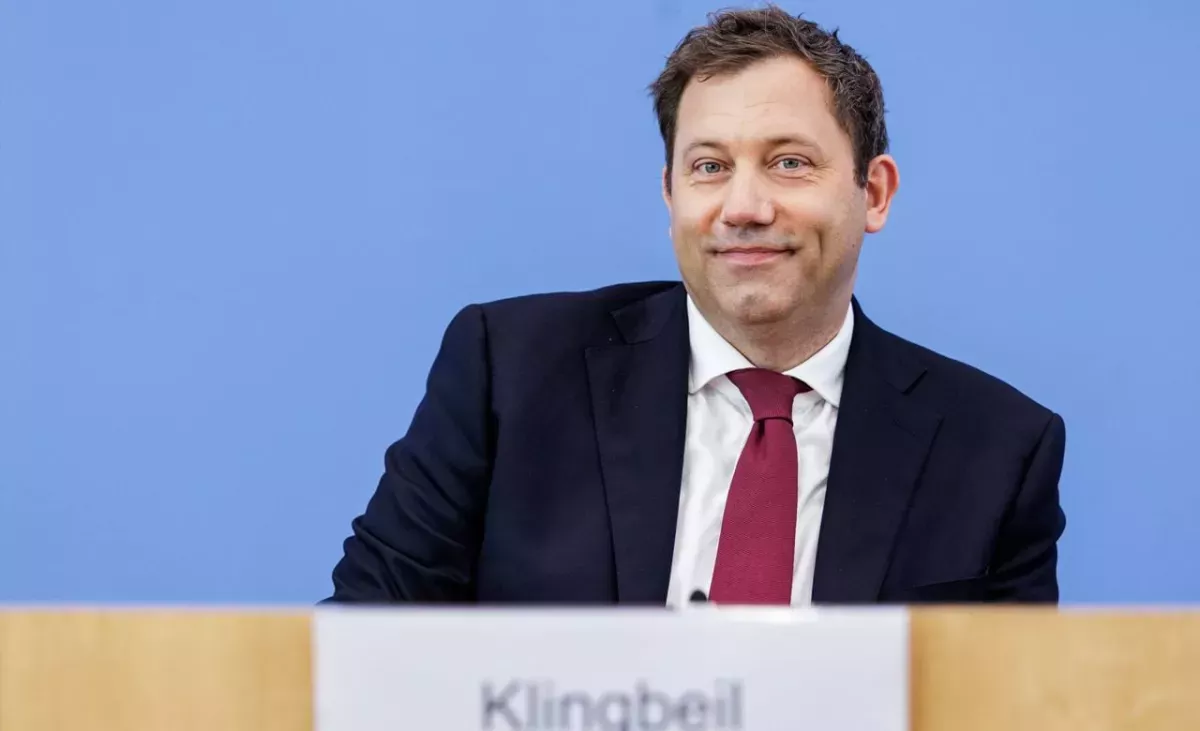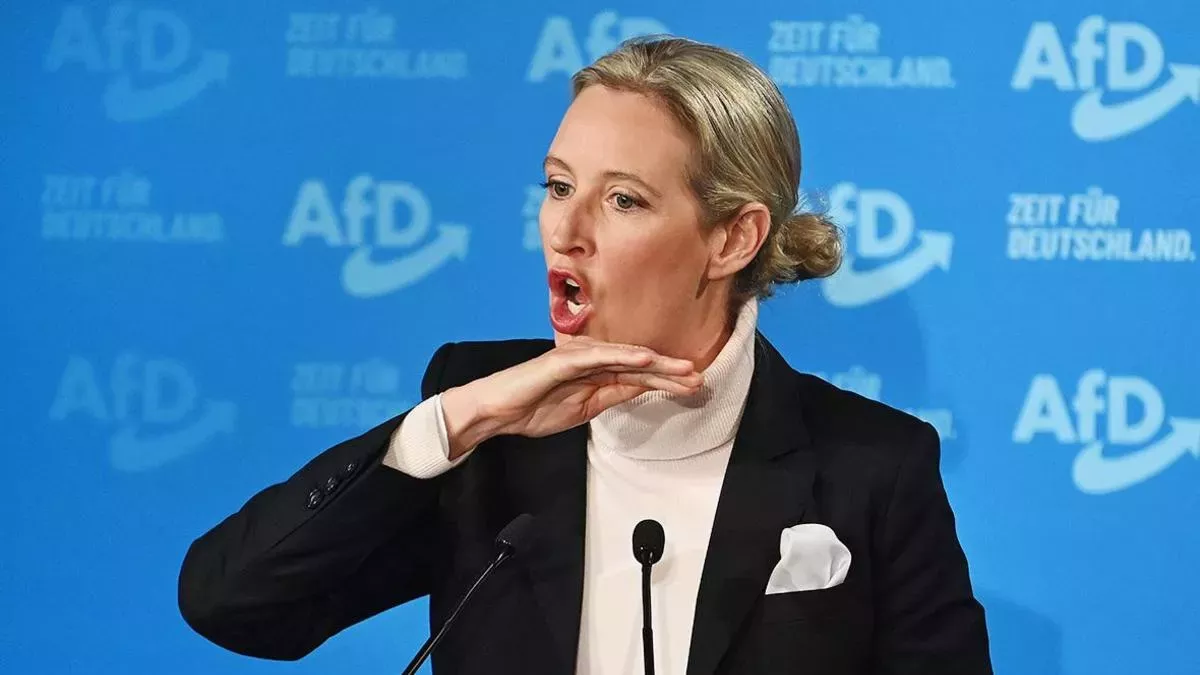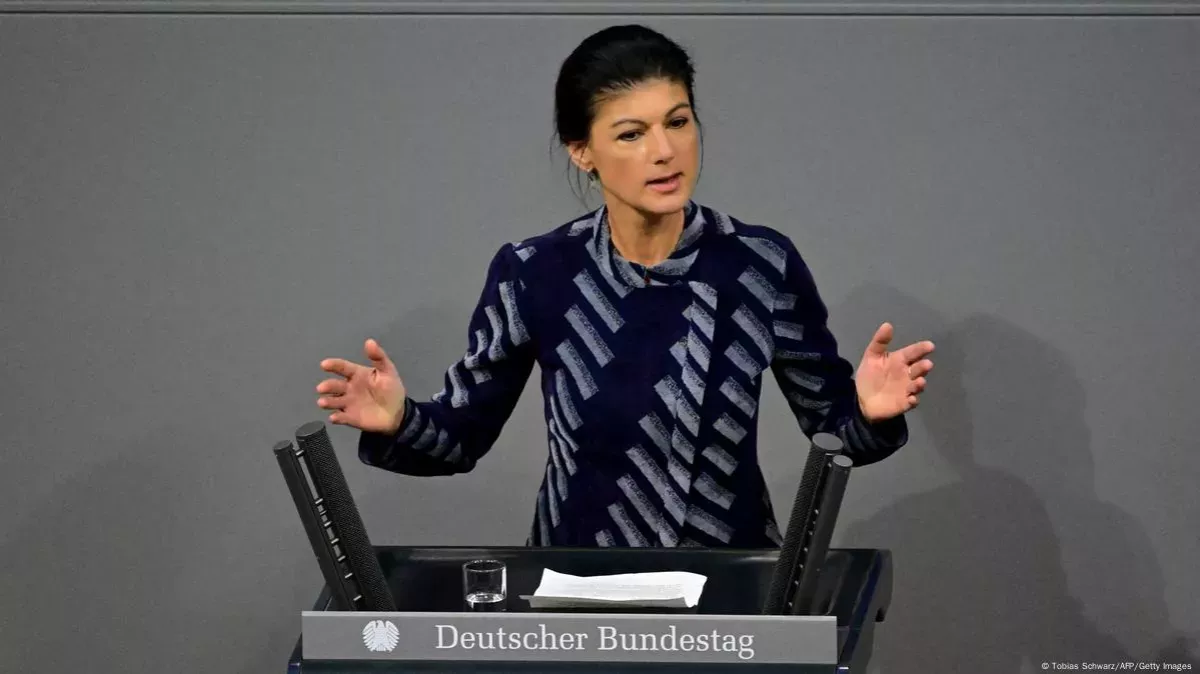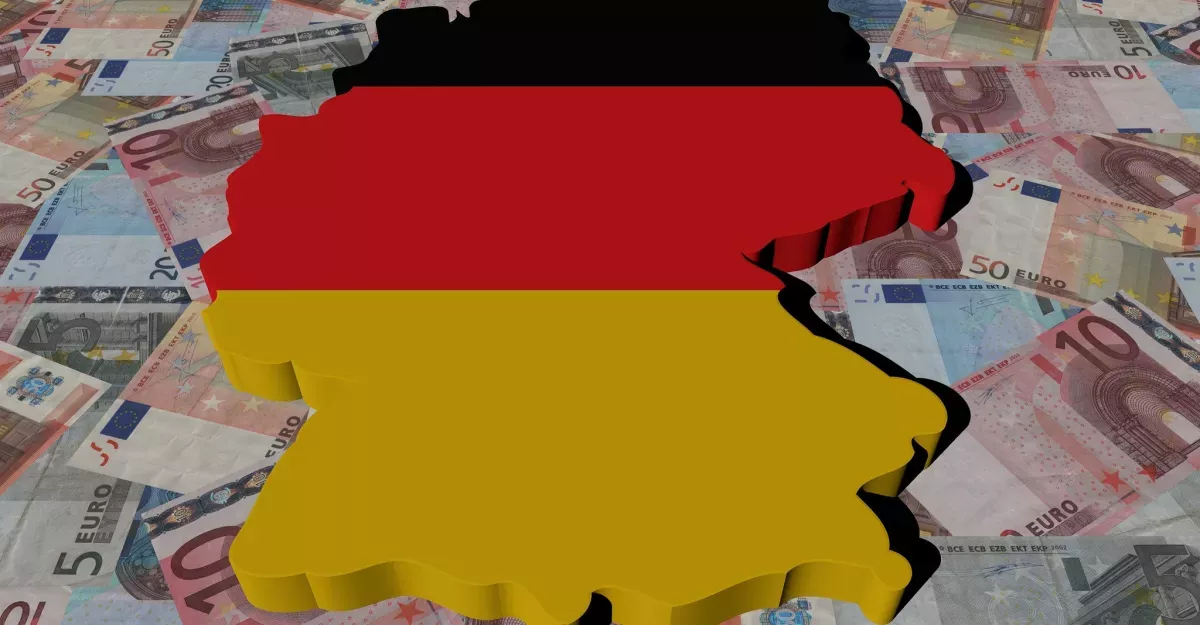Merz's dilemma: social welfare at home vs. military aid to Kyiv Helping Ukrainians by impoverishing Germans?
The promise made a few days ago in Ukraine by German Finance Minister and Vice Chancellor Lars Klingbeil to provide Kyiv with annual aid of €9 billion has sparked a political storm in Germany. Both the "right-wing" and "left-wing" opposition simultaneously launched sharp criticism of the finance chief’s statement, drawing on the recent revelations of Chancellor Friedrich Merz.

A day before Klingbeil’s speech in Kyiv, the chancellor, speaking at a party conference of the CDU he leads, shocked his compatriots by admitting that “the welfare state in its current form can no longer be financed given our economic situation.” In this regard, he stressed, a “fundamental reassessment” of the benefits system for German citizens is required against the backdrop of sharply rising expenditures.
The Germans, it would seem, should have been prepared for such a statement. According to open sources, “benefits, pensions, and health insurance are costly for the German state.” This is precisely why the social security system requires deep reform: the 2027 budget has already revealed a deficit of €30 billion.
Against this backdrop, the sharp obstruction of the ruling authorities following Klingbeil’s €9 billion pledge by the right-wing Alternative for Germany (AfD) and the left-wing Alliance Sahra Wagenknecht – For Reason and Justice (BSW) appears quite natural.

AfD co-chair Alice Weidel loudly accused the vice chancellor of “throwing billions around.” “More than €50 billion has already gone to aid Ukraine, but taxpayers’ money should be spent on our own citizens,” she declared.

The leader of the Sahra Wagenknecht Alliance — Reason and Justice, Sahra Wagenknecht, voiced her outrage in no less harsh terms, accusing the Merz-led government of “wasting” the country of “prosperity” and “trampling on the interests of its own citizens.” According to her, the chancellor’s ability to find funds for military aid to Kyiv while simultaneously claiming it is impossible to finance the social security system appears “simply unbelievable.” She stressed that €50 billion of German taxpayers' money has already been poured into Ukraine: billions are being spent on weapons for Ukraine, while funds are lacking for pensioners, the sick, children, and families in Germany.
But the matter was not limited to opposition criticism. Merz also faced pushback from his coalition partners – the Social Democrats. As the SPD declared, if the essence of the reforms comes down to cutting social benefits and allowances, then the party “must not agree to this one iota.”
The chancellor, in turn, flatly rejected the Social Democrats’ calls for a review of tax policy, ruling out any increase in the tax burden on the middle class.
Ambiguity also emerged within the CDU itself. Speaking at the party conference, Merz urged his fellow party members to “jointly demonstrate the possibility of reforms and talk to each other, not just criticize,” which in fact underscored the absence of a unified line.
Meanwhile, the economic crisis in Germany has become a reality. It has hit the automotive industry particularly hard. Over the past year alone, the sector has cut about 52,000 jobs, amounting to roughly 7% of all positions. Overall, the country’s industry lost nearly 114,000 jobs during the same period. This outcome was predictable: by the end of 2024, Germany failed for the second consecutive year to emerge from recession.

Last year, Germany’s economy contracted by 0.2% compared with the previous year, adjusted for inflation. The budget deficit stood at 2.6% of GDP.
In April of this year, the government downgraded its GDP growth forecast to zero. And just last month, experts predicted growth in 2025 of only 0.2%.
All these figures clearly indicate that the economic backdrop is the decisive factor shaping Germany’s political dynamics. And no matter how much the authorities point to the AfD, blaming it for complicating the political landscape, Berlin fully understands the real reason behind the escalating situation.
The country’s internal political tensions are undeniable. This is confirmed by Merz’s admission that “a hard road lies ahead of us in the autumn.” True, the current coalition has not yet reached the level of deep confrontation that marked the previous “traffic light” government, but ambiguity and discord, to put it mildly, are fully on display.








